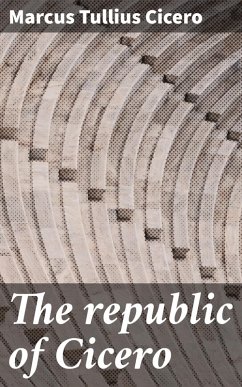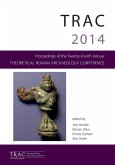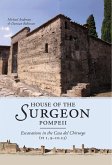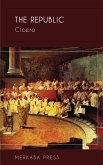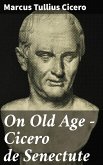In "The Republic of Cicero," the eminent Roman statesman and philosopher Marcus Tullius Cicero intricately weaves together themes of justice, governance, and the role of the individual within the state. Written in a poignant dialogic style reminiscent of Plato, Cicero's work offers a compelling vision of an ideal republic founded on virtue and moral integrity. The text reflects the turbulent political landscape of late Republican Rome, engaging with contemporary philosophical thought and democratic ideals, while critiquing the decline of civic responsibility among his peers. Through the dialogues of various figures, Cicero articulates his vision of an ethical and balanced governance that prioritizes the common good, making it an essential exploration of political philosophy. Cicero's extensive background as a lawyer, orator, and consul deeply informs his treatise. His experiences navigating the treacherous waters of Roman politics, particularly during periods of civil strife, provide him with a unique perspective on the responsibilities of leadership and the vital role of civic virtue. This interplay of personal conviction and political necessity reveals Cicero'Äôs desire to offer a guiding framework amidst Rome's chaos, marking him as a pivotal figure in the development of Western political thought. For readers keen on understanding the foundations of modern political theory, "The Republic of Cicero" is indispensable. Its rich narrative and philosophical insights encourage a critical evaluation of contemporary governance and ethics. This work not only stimulates thoughtful discourse but also provides historical insights that resonate with today'Äôs political landscape, making it a must-read for scholars and lay readers alike.
Dieser Download kann aus rechtlichen Gründen nur mit Rechnungsadresse in A, B, BG, CY, CZ, D, DK, EW, E, FIN, F, GR, H, IRL, I, LT, L, LR, M, NL, PL, P, R, S, SLO, SK ausgeliefert werden.

